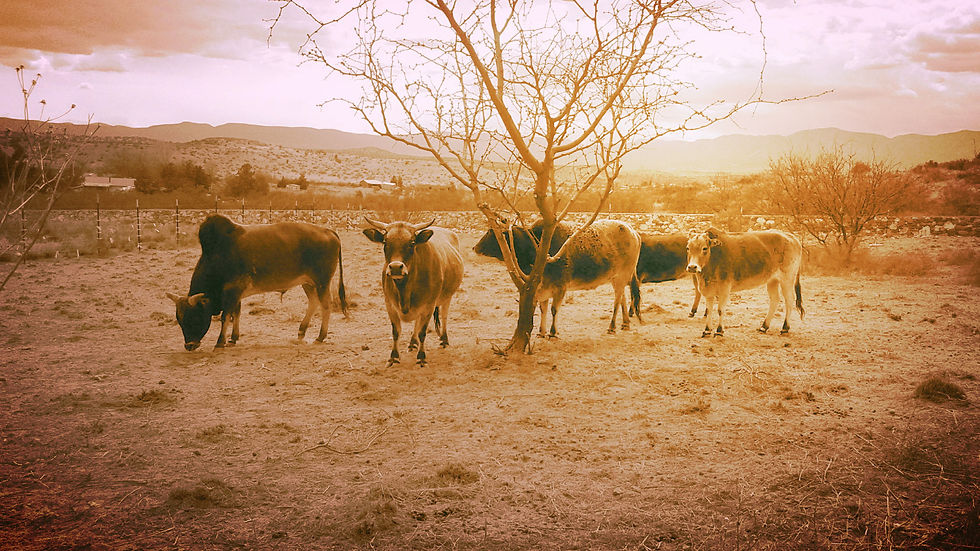A2 Milk and the Zebu Cow
- Dasarath Pandit
- Mar 1, 2015
- 2 min read
(NaturalNews) People with assumed lactose intolerance are able to tolerate A2 milk with research suggesting that intolerance is due to the type of milk protein present in the milk given that A2 milk contains lactose. Milk contains two main types of proteins -- caseins and whey, 80% and 20% respectively. Beta casein represents approximately a third of the protein content of cows' milk and consists of a good nutritional balance of amino acids. Beta casein comes in two forms, A1 and A2, which differ only by one amino acid.
A2 milk is milk produced from A2 cows which contains the protein A2 beta casein. It differs from that of A1 beta casein which is produced by the A1 cows in that A2 has been scientifically identified as containing the original form of beta casein produced by cows thousands of years ago. A number of traditional breeds of cattle have been identified as producing A2 milk. These include zebu, a native Asian cattle, as well as closely related cattle including water buffalo and yak. In addition, some modern breeds of dairy cows produce only the A2 milk. A1 milk is commonly found in many dairy cows and is believed to have developed through genetic mutation over time and spread throughout herds in Europe. Modern dairy cows that have the highest frequency of the A2 gene are the Guernsey (the highest) and the Jersey. Those with about equal proportions of both A1 and A2 include the Holstein and Friesian breeds.
Much of this information has emerged in the book called Devil in the Milk: Illness, Health and Politics. A1 and A2 Milk by Keith Woodford, Professor of Farm Management and Agribusiness at Lincoln University in New Zealand. His research examined links between the consumption of A1 milk and the occurrence of heart disease, Type 1 diabetes, and autism concluding that we should be drinking A2 milk. In other international studies, A2 milk has been linked to a reduction of health risks. It is believed this is due to bioactive peptides that are released during digestion. Thus A2 is recognised as being nutritional as well as having preventative benefits. According to an A2 milk producer, cows undergo a DNA test for A2 using a sample of hair from their tail. Those cows found to be producers of A2 beta casein are separated into an A2 group and only they are milked for A2 milk. This milk is not genetically modified and does not contain additives such as permeate (a by-product of milk processing) commonly used to dilute milk.































Comments